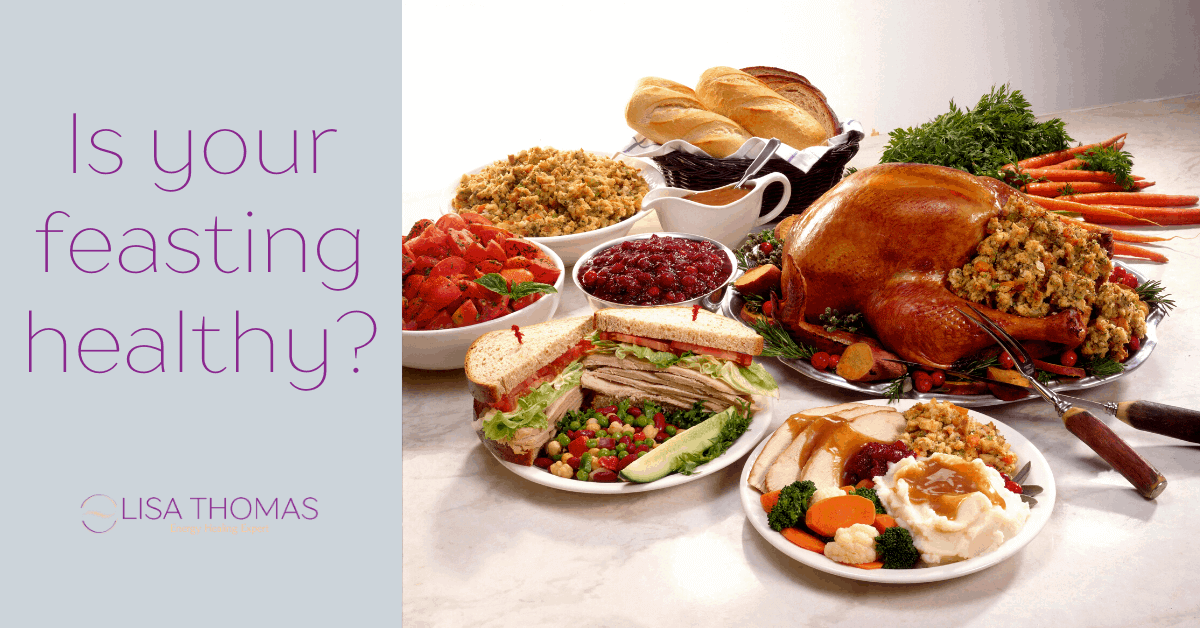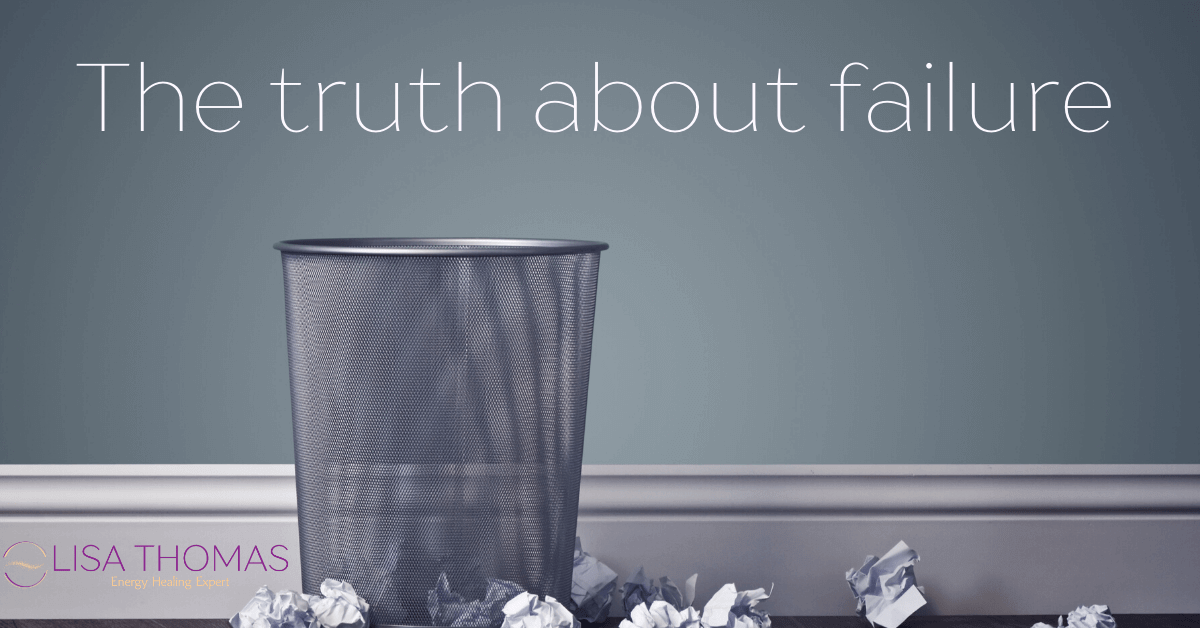
Is Your Feasting Healthy?
Food has always been an integral part of celebration in cultures worldwide.
Feasting has been associated with abundance, harvest and even a sign of favor from the gods.
Not too long ago, there was a cyclical and seasonal eating pattern that was based primarily on the growing seasons.
There were times of feasting and times of fasting built into the natural rhythms of life.
But now our modern food system allows us to feast all year long…
The growing seasons have expanded. Frozen and preservative laced packaged goods allow us to eat almost anything, at any time.
Unless we are economically disadvantaged, we have access to feasting-food 24/7!
This constant access to food is the biggest factor that contributes to people overeating…
It’s that simple…
This reality of constant food access has led to all kinds of addictive and self-imposed morality surrounding food.
We call certain foods “good” and other foods “bad” …
We are “good” when we eat “good” food…
We “cheat” when we eat “bad” foods…
These beliefs around food can be very destructive as we see people equating their own “goodness” or “badness” with the foods that they choose to eat.
Feasting during the holiday season can bring up all these emotions as we consume great tasting, mouth-watering food in the company of our friends and family.
We may gain weight as we are exposed to even more food- situations than usual.
So how do we navigate this season of feasting in a way that allows us to enjoy the season but does not cause negative emotions and disordered eating that are detrimental to our physical, mental and emotional health?
How do we feast mindfully, both now and during the rest of the year?
The first thing we need to do is drop the labels of “good” and “bad” food. We need to drop the whole morality-story we tell ourselves about food.
The second thing we need to do is look at food within the context that we find ourselves in…
**There is a very big difference between eating a large piece of pie at a holiday dinner with your family… and eating a large piece of pie, alone, at 3am, because you can’t sleep.
The pie is neither good nor bad…but there are better contexts to eat that pie in.
When you switch from looking at what you are eating to the context you are eating the food in, it gives you a completely different way of managing your feasting.
When feasting is enjoyed within the presence of friends, family, celebration, joy, and laughter it is a good and healthy thing…
When feasting is occurring in isolation or separated from the context of celebration…and is surrounded by emotions of loneliness or disconnection, it becomes detrimental to your health and is a sign of a disordered relationship to food.
Feel the difference?
We did not evolve to feast all day long…all year long.
If we can begin to move ourselves to a place of limiting our feasting to times of celebration, this will help balance out our innate desire for delicious treats in our life and put away the negative feelings that we have when we “overindulge”.
Things will come back into balance…
When a disordered relationship with food exists, we need to bring truth to the underlying lies that can be fueling those negative associations.
Use the following statements as a barometer to help you navigate your relationship with food.
I enjoy eating healthy, life giving food
I enjoy delicious treats within healthy contexts
My food choices are no longer morality driven
When we learn how to feast well we bring our food choices back into balance.
We can skip buying the donut at the drive-through and instead enjoy a couple of pieces of homemade baking while catching up with friends over coffee.
We will forgo the store-bought lunchroom snacks and enjoy pizza with our family on pizza night.
Feasting well is never about deprivation…its always about choosing well.
Do you wonder why you make some of the decisions that you do? It could be you have some unconscious fears that are influencing your decisions.
Check out my life-changing program: Transforming Fear into Action.



